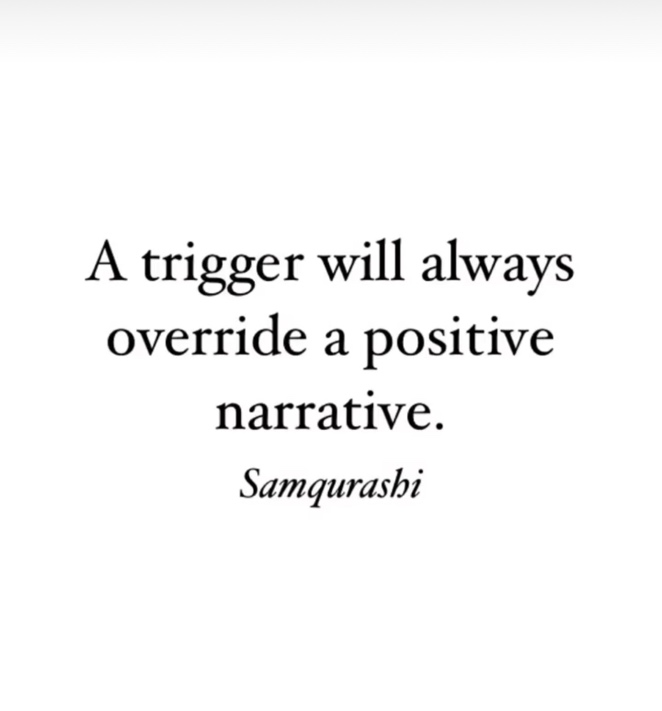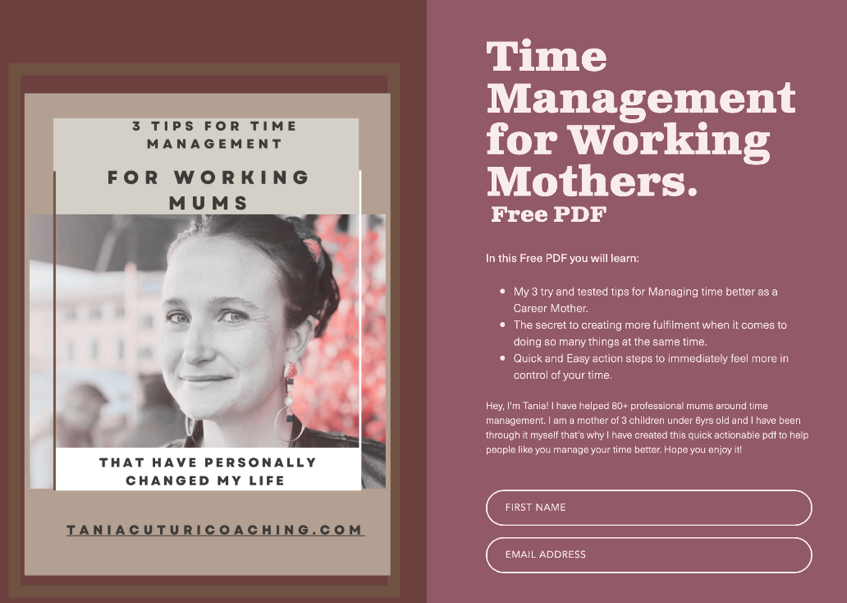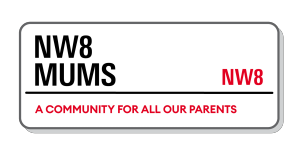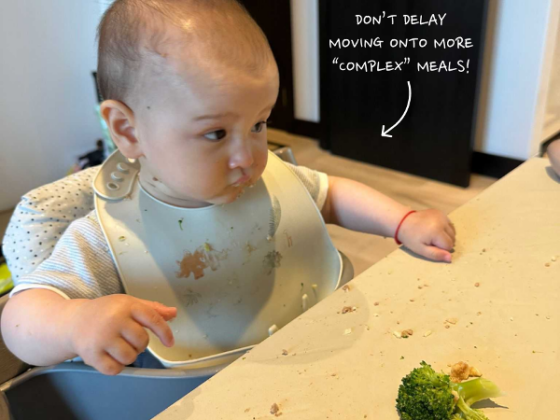The term “trigger” resonates deeply with many of us, encapsulating moments when emotions seem to take control, steering us away from the calm and centred states we aspire to maintain. It’s not the positive emotions like confidence or motivation that dominate; instead, triggers often evoke feelings of anger, fear, or frustration.

Triggers signify a shift in our emotional landscape. Our rational minds cede control to the more primitive regions of the brain, leaving us vulnerable to reactive responses driven by fight or flight instincts. We experience physical manifestations too, like heightened body temperature, stomach tension, or chest tightness, signalling that we’re in the grip of emotional turbulence.
While we can’t dictate our emotions, we can influence our responses. The key lies in creating distance between our emotional triggers and our reactions, allowing space for mindful, intentional responses rather than impulsive outbursts.
Common Triggers Among Working Parents:
1. Childcare Cancelling:
Last-minute cancellations from nannies or unexpected school closures disrupt carefully crafted schedules, amplifying feelings of overwhelm and guilt. Flexibility becomes a luxury, and the inability to balance work commitments with childcare responsibilities exacerbates stress levels.
Some of us might feel more triggered than others in this occasion. This really depends on how flexible your work is and understanding they are. If you are not able to work from home then it creates even more feeling of guilt that you cannot look after the children the way you would like them to be looked after or being at work 100 percent.
What is the childcare solution that works?
I wrote a blog post on this specific topic: https://taniacuturi.com/the-childcare-solution-that-works/
Having a community/ parent around you that can come to the rescue is key here but they might also not be available!
2. Important Meetings on Days Off:
Boundary-setting becomes challenging when work encroaches on scheduled family time, leaving parents feeling undervalued and torn between professional obligations and personal commitments.
Some parents in this situation may feel a lot of anger linked to the fact that they have to again explain that they are not working that day. They may also feel at a disadvantage and their career compromised as a result.
Large institutions will try their best to create that flexibility for their employees however the reality is often different. I have some clients who had to leave their position to get the flexibility they wanted, often feeling burnout and incongruent.
3. Falling Sick and Feeling Helpless:
The pressure to maintain household routines and professional duties amplifies feelings of inadequacy when illness strikes, highlighting the heavy reliance on working parents for daily operations.
The super women and men out there will struggle with this. When our body needs time to recover, we often do not let this unfold. The idea that we are out of order for a while can be very overwhelming for certain parents especially when they lack the luxury of slowing down.

Feeling depleted after a long break can be quite normal. Here is what you can do when this happens: https://taniacuturi.com/what-can-a-working-mother-do-when-she-feels-depleted/
4. Forgetting School Events:
Missing important school functions triggers feelings of guilt and embarrassment, fuelling self-judgment and the fear of parental inadequacy.
Know that you are not the only one that has forgotten something like this and that it happens to the best of us. You may feel judged and ashamed but know that people that judge you are actually not worth your time or energy. Parents should be supporting one another rather than judging each other!
5. Public Misbehaviour by Children:
Parental anxiety peaks in public settings, where perceived judgment adds layers of stress to already challenging situations. External validation takes precedence, overshadowing the need for empathetic, supportive parenting.
Understanding that we cannot control other people’s judgement is key. Focus on your children, be on their side rather than against them and make sure you think about what they might need. Things that help in this situation is just telling yourself that they need you and that they are not doing this on purpose, they need our attention. Restaurants, airplanes are common location where the misbehaviours become even more triggering. Another favourite of mine here: When they misbehave, “Quit taking it personally!” QTIP
6. Overwhelming Workload:
I created a fun pdf regarding Managing Time for working mothers, if you want to grab it, click here! https://taniacuturi.com/freebies/

Juggling competing priorities amplifies stress levels, leading to a perpetual cycle of overcommitment and burnout. Strategic time management and boundary-setting become essential tools for preserving mental and emotional well-being.
I think coaching can help a great deal with this feeling of overwhelm by understanding what needs to be done, prioritising, postponing, or deleting things from our schedule. A few ideas here are around time blocking – making time for your values and saying no to things that you want to do to say YES to things that you really want to do!
7. Work Interruptions by Children at Home:
Balancing professional responsibilities with childcare duties becomes precarious, requiring clear communication and supportive strategies to minimize disruptions during work hours.
Sometimes it is my fault, I forgot to communicate to the nanny that I am on an important call. I know these things happen, but I would like them to happen less especially when I am coaching someone around something super personal.
The idea is that I created a sign to hang outside my door and this one says “do not disturb, whether it is to take the dog for a walk etc unless SUPER URGENT” – it tends to work but I still need to message and let them know when I am unable to help or speak to the children. Micro communication is key here and a prop can help!

8. Emergency School Pick-Ups:
Unexpected calls from schools’ trigger feelings of frustration and resentment, disrupting workflow and amplifying the pressure to meet competing demands.
When we read the number of the school on our phone, the initial reaction is panic “I hope nothing serious has happened” but then when we get comforted by the non-seriousness of the call we think… I have to interrupt something important. If we do not have help at home, we will end up having to pick them up and look after them.
Having a village is not so straight forward, it requires time and effort. Friendships and parents are not always open to helping initially… This is how I created my village: https://taniacuturi.com/how-i-created-my-village-as-a-21st-century-working-mum/
9. Time-Specific Triggers at Home:
Certain times of the day, like bedtime or morning routines, become flashpoints for parental stress, highlighting individual thresholds and triggers rooted in childhood experiences.
I often ask my clients those questions: How was conflict handled at home? Was there an authoritative figure whose views were not contested? How much were oyu able to share about how you felt or thought? All of these have an impact on how we are as parents today!
10. Navigating Parental Conflict:
Conflict resolution patterns from childhood influence parental dynamics, shaping responses to familial discord and stress.
I remember my mother saying “children do not always bring couples closer” – I did not quite understand it until it happened to me!
it is a learning curve being a couple and even more when there are children in the picture! The way we parent can be different and the expectations we had as children growing up. The conflict that arises from this can be overwhelming to manage from both parties!
11. Professional Identity and Self-Worth:
Balancing career aspirations with family responsibilities can trigger feelings of inadequacy and compromise, impacting self-esteem and professional fulfilment.
Work-life balance, work-life harmony… all these words that actually mean managing the guilt over spending too much time or not enough time at work. I believe that working parents love their kids more than anything but they sometimes like working more than parenting. That’s ok. It is ok to sometimes feel like parenting is overwhelming and want to be more at work.
The issue comes when working is the escape to spending time at home. This is where coaching can really help too. Trust me, I have been there. UP until I knew how to accept those conflicting emotions about being a mother then I was able to enjoy more time with the children and being more present. This is hard for a lot of parents. Cultivating presence and not checking your phone. It can be a mixture of also feeling like our time is not spent in the right way with them.
I believe that understanding what type of mother we are can help shape how we parent.
I wrote a blog post of a client who used to say that her children made her feel guilty about working too much: https://taniacuturi.com/when-your-child-says-your-job-takes-you-away-from-us/
12. Social Comparisons and Peer Pressure:
Comparing ourselves to other parents, comparing our kids to other kids is a natural thing to do. As humans, we compare ourselves, we live as a group, we want to do better etc.
When comparison fuels inadequate feelings within us this is when it becomes problematic. Your work may be more flexible than someone else’s and you would feel safer to share that you need to pick up your daughter. Imagine how it feels for someone with a child with special needs that requires 1-1 attention, and you have this meeting that does not allow you to be with them as much as you’d like.
I guess what I am trying to say is to remember that everyone is going through their own journey and even if it feels or looks like they’re doing amazing, it might not be as perfect as it seems behind the scenes!
They may have a nanny but a husband that is not present. They may have a child who misbehaves because of special needs. They may look like all is easy but nobody knows for sure!
One thing for sure, external benchmarks and societal expectations fuel feelings of inadequacy and comparison, undermining parental confidence and well-being.
13. Technology and Screen Time Battles:
I know that this topic can be a curse and a blessing at the same time. Our kids are surrounded by screens so they will have to learn how to navigate with it.
I see it as an additional demand for parents that already have to learn how to parent but they also have to learn how to parent with screens.
How much is too much? What should be allowed etc.
Negotiating screen time boundaries and digital distractions poses challenges for modern parents, highlighting the need for mindful technology use and balanced family dynamics.
In understanding and acknowledging these triggers, working parents can cultivate resilience, develop coping strategies, and foster healthier family dynamics.
Stay tuned for more insights and strategies to navigate the complexities of parenthood and professional life.
—
Feel free to reach out if you have any questions or if you’d like to explore additional topics in future posts.


P.S. Remember, you’re not alone in navigating the complexities of modern parenthood. Together, we can unlock new perspectives and strategies for growth.. so get in touch!
Website https://taniacuturi.com
Instagram: https://www.instagram.com/taniacuturi/
Get in touch: tania@taniacuturi.com

What type of mother are you? Take the quiz! Link the image to it! https://quiz.tryinteract.com/#/62a72b2a3f228e0018057b80




